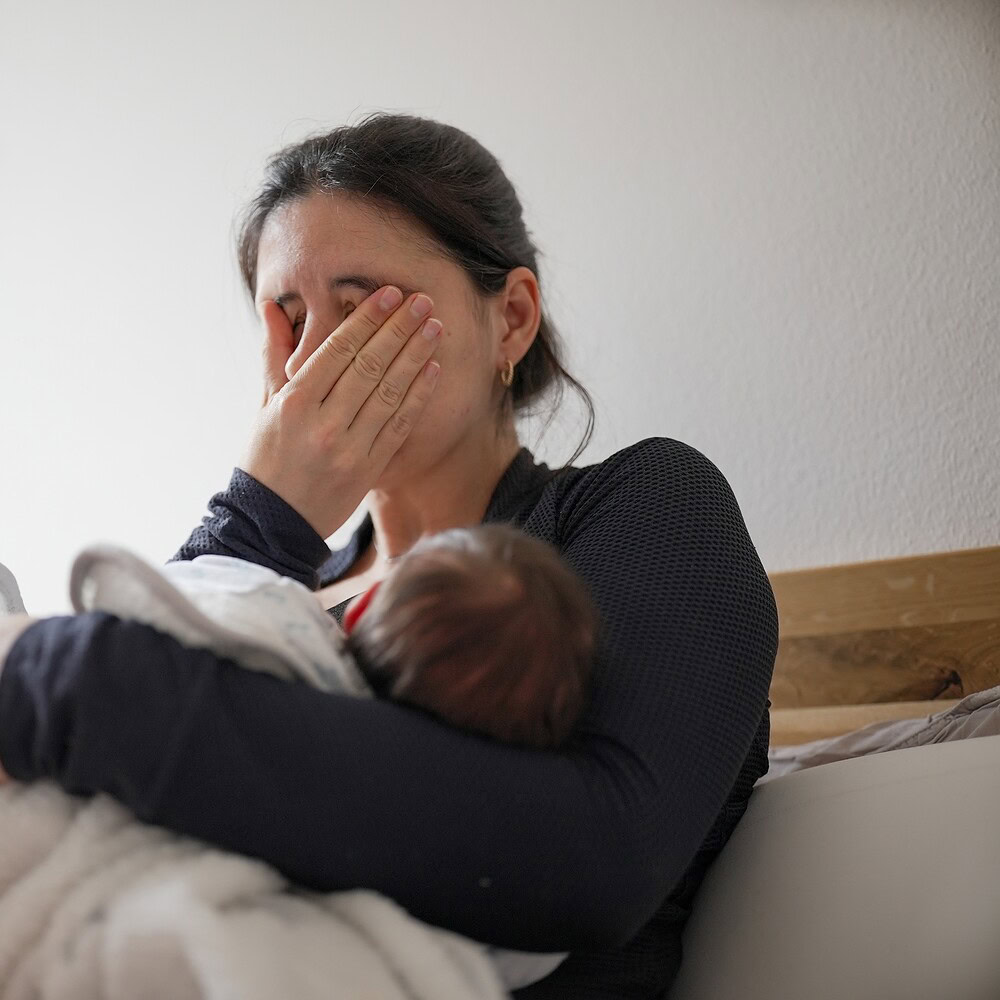Mums and dads face immense pressure – not only to be the best parent, but also to be a good employee, a great partner, have a dazzling career, keep the house tidy, providing fabulous home-cooked meals, do school pick-ups, attend meetings, spend quality time with the kids, teach, to be ever-present…the list goes on!
So it’s not surprising that in the midst of all the chaos and expectation we can forget about ourselves. And with many parents not having access to a family support network, is it any wonder that so many parents are struggling with exhaustion and sometimes even depression?
Research into parental exhaustion was once exclusively concerned with parents of sick children, but now there is growing interest in parental burnout in families with healthy children too.
Self-neglect
Parents aren’t always encouraged to think of their own needs, but self-neglect can often lie at the root of the problem.
Registered nutritional therapist Catherine Jeans, a graduate of the Institute for Optimum Nutrition, previously told ION’s quarterly magazine Optimum Nutrition, that mums are often very good at making sure their children have a snack and a drink to go out the door with, yet often neglect themselves – sometimes going all day without eating much at all.
“Everything goes into taking care of our kids, and often we don’t remember to keep a little bit back for ourselves,” she says. “Sometimes it feels self-indulgent to do some yoga, go for a massage, to take time off, or just five minutes to do some deep breathing. All too often we prioritise non-important things, such as keeping the house tidy, over our need to rest,” she says.
Supporting ourselves as parents, however, isn’t just about quick fixes. It’s about how we think about what we eat, our lifestyle, how well we sleep, our stress levels, and looking after ourselves in the long term. Identifying the ‘energy-robbers’ in our lives – such as stress, sugar, skipping meals and insufficient protein – is also a good place to start.
Walking the walk
Yet it’s all very well knowing what to do and putting it in to practice. That’s why just setting a few minutes aside each day to put something into action can help. Whether that be to sit and do a few breathing exercises, connect on social media with a friend or relative, or get some fresh air for just a few minutes.
Getting outside into the daylight is increasingly being shown to support our mental health, sleep patterns and even our blood sugars. So going out just for a short walk during the morning can be an effective way to support our health in the long term.
Here are some of Jeans’ tips to help parents improve energy levels:
- Base your meals around protein: protein is broken down slowly by your body, and provides a more sustainable form of energy. At each meal, include a good handful of meat, fish, eggs, cottage cheese, plain natural yoghurt, beans, pulses or tofu.
- Reduce your sugar intake… if you include more protein in your diet, this will make it much easier to reduce your sugar intake, because you’ll experience fewer cravings. After a few days with higher protein, you can then work on reducing your sugar intake from biscuits, cakes, sweets and chocolate.
- Take some time out to breathe… when we’re stressed, we can feel like we’re constantly busy but never actually getting anything done. All of us can take just a few minutes in the morning and evening to do some deep breaths. Take three long deep breaths before you do anything in the morning, and three deep breaths before you go to bed.
- Start a bedtime routine: not just for children, a bedtime routine is helpful for adults too. Make sure all lights are low an hour before you go to bed, and wind down with a bubble bath with Epsom salts, listen to some of your favourite music, do some gentle stretching and try a meditation before bed — whatever you need to get your body ready to sleep.
- Make your to-do list achievable. You may have a lot to do, but if you’re stressing about things that don’t really need to be done, you’ll always feel like you’re chasing your tail and never have time to switch off. Separate your to-do list into smaller lists of ‘urgent and important’, which must be done today, and ‘important but not urgent’, which are things that can wait.
For articles and recipes subscribe to Optimum Nutrition
Discover our courses in nutrition






